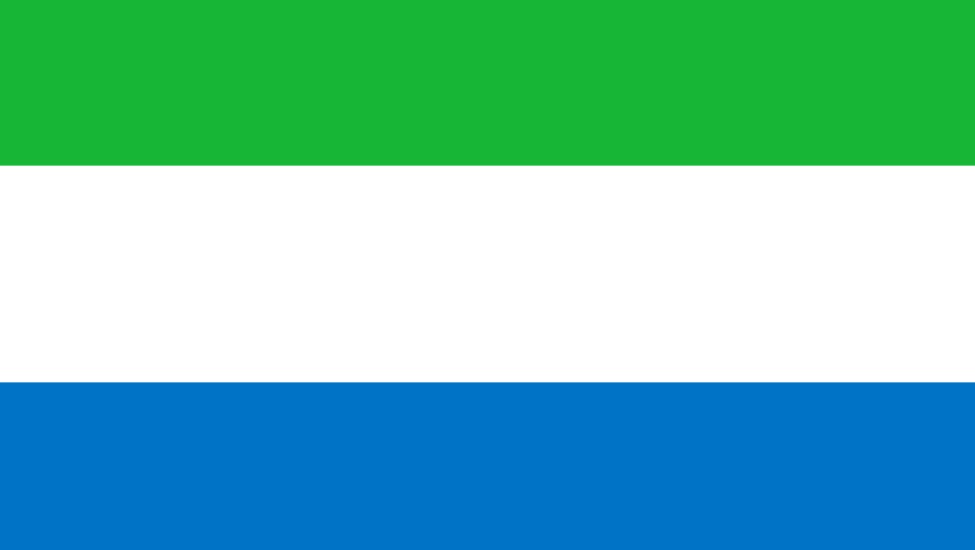Country
Sierra Leone
The Girls' Education Challenge (GEC) had two projects in Sierra Leone which improved learning opportunities and outcomes for 38,325 of the country's marginalised girls.
Projects
Girls' Access to Education - implementation completed in July 2021
The GATE project supported 11,012 girls and was implemented by Plan International.
Sierra Leone and its education system has faced a multitude of challenges in recent decades, including recovery from conflict, natural disasters and Ebola. As a result, schools in rural and remote areas faced severe structural challenges in infrastructure, teacher availability, and resource accessibility, which affect learning outcomes. Girls from rural communities and those living in poverty are particularly at a higher risk of dropping out of school. These girls already struggle to access nearby schools and staying home increases the risk of early/forced marriage and early pregnancy. At the school level, gender-based violence is evident, with violence occurring both on the way to school and in school – by perpetrators including male teachers, peers, and older students.
GATE supported Sierra Leone’s most marginalised, adolescent girls. The project enabled greater access to school amongst this group, improved their learning results and supported their transition to further education and employment. It did this through study groups, training and support of female learning assistants, and training student teachers. It worked with community-based rehabilitation volunteers to support children with disabilities. Bursaries and economic initiatives activities (e.g. village savings and loans associations and livelihoods grants) helped address the costs of education and were used to support the sustainability of activities.
Leave No Girl Behind project
Every Adolescent Girl Empowered and Resilient (EAGER) - implementation completed in March 2023
The EAGER project supported 27,313 girls and was implemented by the International Rescue Committee.
Educational attainment and literacy levels across Sierra Leone are low, and even more so for women and girls. Much of the gender disparity in education begins in adolescence, when more value begins to be placed on girls’ domestic roles, rather than their education. This is evident in the widening gender inequality later in the education system, with more girls than boys dropping out as they move through Junior Secondary and Senior Secondary School. Adolescent pregnancy and child marriage rates in Sierra Leone are among the highest globally, resulting in an estimated 20% of girls dropping out of the classroom. At the school level, gender-based violence is evident, with violence occurring both on the way to school and in school.
EAGER supported Sierra Leone’s most marginalised, adolescent girls. This included girls who were pregnant or young mothers, girls who were married, those affected by Ebola, those affected by violence, and those who were engaged in income-generating activities and/or could afford the cost of schooling. It addressed the multiple barriers to participation and learning that girls experience and created accessible opportunities and supportive spaces for girls to build practical and empowering skills. These skills were tailored to the girls’ context and daily lives so they could be practised and utilised to create positive changes for themselves, their families and communities. EAGER supported girls to transition primarily to vocational and professional training, self-employment or other employment, and where feasible, formal or non-formal education.
